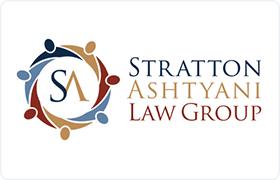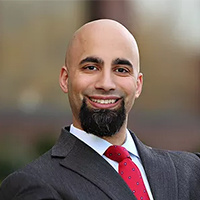Hewitt Estate Lawyer, New Jersey
Sponsored Law Firm
-
 x
x

Click For More Info:
-
Stratton Ashtyani Law Group
795 Franklin Avenue Suite 206 Franklin Lakes, NJ 07417» view mapEstate Law Dedicated To Helping Families Plan
Our attorneys are experienced litigators who understand the importance and efficiency of preventing litigation through proper planning.
800-706-9810
Nima Ashtyani
✓ VERIFIEDEstate, Business Organization, Nursing Home, Real Estate, Power of Attorney
Nima specializes in litigation, mediation, and arbitration in with a focus towards elder law matters. He is a Graduate of Seton Hall University School... (more)
 Nima Ashtyani Franklin Lakes, NJ
Nima Ashtyani Franklin Lakes, NJ Practice AreasExpertise
Practice AreasExpertise

